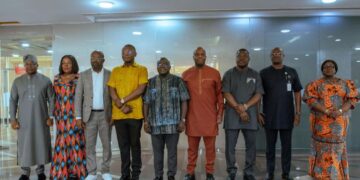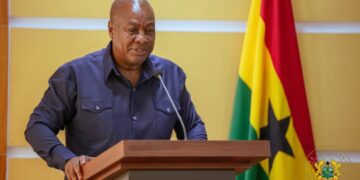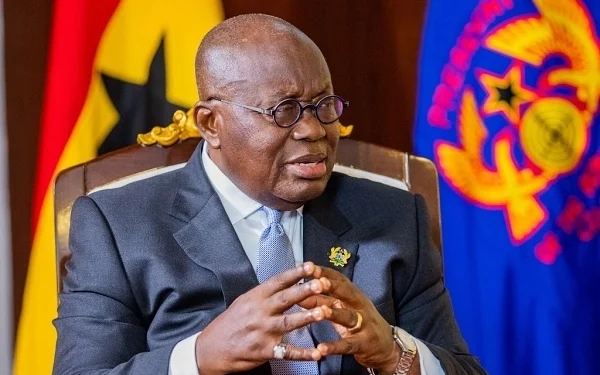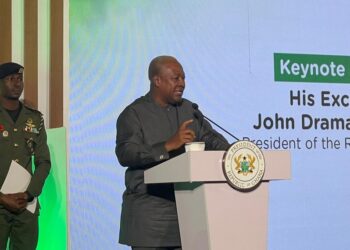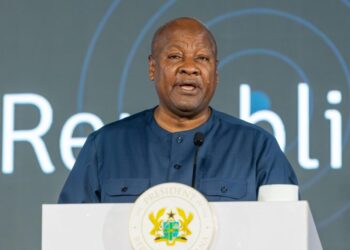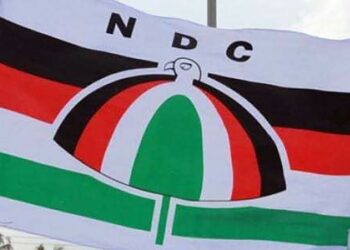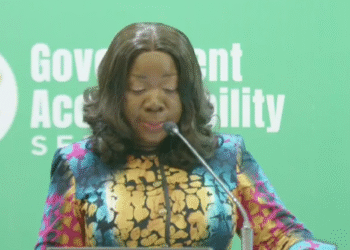Former President Nana Akufo-Addo has admitted that Ghana’s debt restructuring under the G20 Common Framework, though necessary, came at a heavy human and social cost.
Addressing officials at the AU-EU High-Level Seminar in Brussels on Thursday, October 2, 2025, he described the process as “one of the darkest and most painful episodes” of his presidency, adding, “I witnessed the suffocating grip of debt on our economy and on our citizens. This deeply troubled me and still does.”
Ghana entered the Common Framework in 2023, restructuring $13 billion in Eurobonds and securing $10.5 billion in debt service relief through 2026, which cut the debt-to-GDP ratio to 70.5 percent and anchored an IMF-backed programme.
Despite these gains, Akufo-Addo said the “drawn-out, sequential process prolonged uncertainty” and left ordinary citizens bearing the cost.
“The most painful part was the impact on ordinary people. Pensioners, young people, and small investors saw their lives and livelihoods shattered,” he noted.
Extending his call beyond Ghana, he said Africa’s $1 trillion debt reflects a system “not built to free us, but to bind us,” warning that more than 30 African countries spend more on interest payments than on healthcare.
“Every dollar diverted to creditors is a dollar taken from a hospital, from a child’s vaccination, from a community’s future. This is not economics, it is inequity,” he told African and European leaders.
The former President urged bold reforms, including immediate debt suspension, comprehensive restructuring, and concessional financing. “Debt relief for Africa is not an act of generosity. It is an act of justice,” he declared, proposing a “Debt Relief for Green Investment and Resilience” framework linking debt cancellation to climate action.
He concluded by stressing that Africa must reform internally, but global finance must also change. “When Africa rises free from the weight of debt, the whole world rises with it,” he said.














